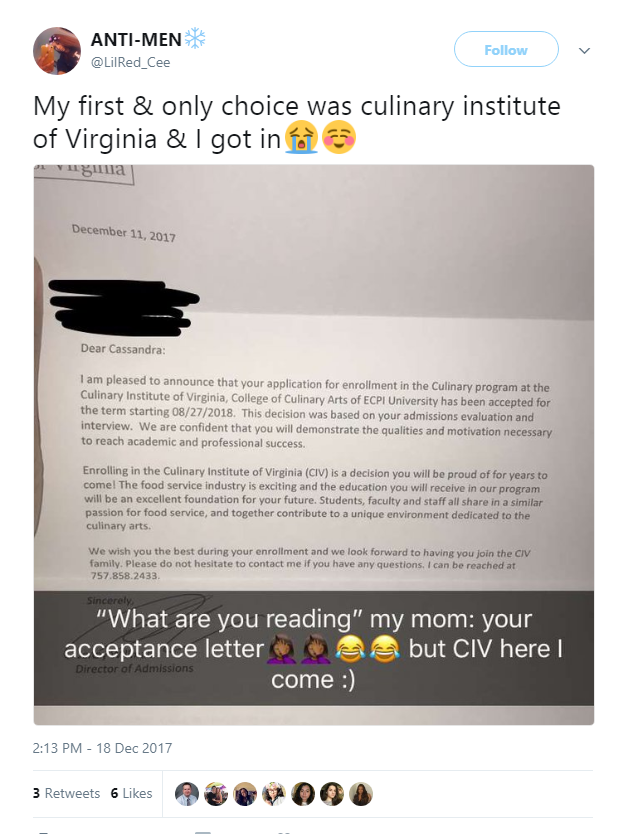Chef Certification: Are they Important to my Future Career?
Interested in becoming a chef? Certifications might be something you will need to work in certain kitchens. Let’s take a look at what it takes to earn a certification and why it can be so important to a budding culinarian.
Different Environments will have Different Requirements
In the world of work, licensing is required for some positions. An active license proves that you fulfill all of the legal requirements necessary to carry out your job. A chef may need a license to work in a specific location or type of establishment. Those who work from a home kitchen, operate their own commercial kitchen, or are employed by public health organizations need licenses to prove they understand the finer aspects of food safety and food-borne illness.
A certification proves that the holder has obtained a minimal level of mastery over a certain skill. Cooks may be certified as a baker, sous chef, administrator, or educator. Certification shows potential employers that applicants are ready to contribute to the success of the business from their first day. Organizations like the American Culinary Federation offer a variety of certifications for chefs looking to validate their experience.
What’s the Difference between a License and a Certification?
Licenses are a legal requirement. Businesses without the proper licenses could find themselves under investigation by local, state, or federal governing boards.
Certifications, on the other hand, are not required. They are, however, a convenient way to quantify your cooking experience. Official test scores tell potential employers more about your abilities than a list of former positions on a resume. The scores allow hiring managers to compare candidates on a less subjective level, which makes it easier to find employees with the right combination of abilities and experience.
The Role of Certifications in Your Cooking Career
Certifying skills through testing gives aspiring chefs many benefits.
- Validation. It’s easy to bend the truth on a resume. Certification proves that you have the skills you claim.
- Recognition. Your years of hard work in a commercial kitchen may have taught you a lot, but without the chance to put that knowledge into practice, your abilities can’t be proven. Certification acknowledges information gleaned through years of work experience.
- Empirical proof. You won’t need to rely on recommendations when you have certifications. Your test scores will show potential employers that you have a strong grip on the skills they need.
- Many certifications require holders to re-certify periodically. The continuing education needed to re-certify means you are guaranteed to stay on top of the latest developments in your field. Potential employers prefer candidates with up-to-date knowledge of procedures and requirements.
A valid certification is the best way to put your name at the top of a hiring manager’s list. The right certifications can also open up new opportunities. Working chefs who want to explore different positions in the kitchen can use certifications to convince their present employers to allow them to try new things. For self-employed or freelance chefs, a certification can make the difference for a new client who is on the fence about contracting your services.
Requirements for Certification
To obtain a certification through the American Culinary Federation, candidates must have at least a high school diploma or equivalent. Many certifications also require successful completion of a culinary training or degree program. Culinary school is a great way to not only meet requirements but gain the skills the requirements require.
Are you interested in a career in culinary arts? If you want to earn an Associate of Applied Science in Culinary Arts Degree, ECPI University’s Culinary Institute of Virginia offers this program at an accelerated rate. For more information about this degree or any of our other culinary programs, connect with a helpful admissions advisor today.
It could be the Best Decision You Ever Make!
DISCLAIMER – ECPI University makes no claim, warranty, or guarantee as to actual employability or earning potential to current, past or future students or graduates of any educational program we offer. The ECPI University website is published for informational purposes only. Every effort is made to ensure the accuracy of information contained on the ECPI.edu domain; however, no warranty of accuracy is made. No contractual rights, either expressed or implied, are created by its content.
Gainful Employment Information – Culinary Arts - Associate’s
For more information about ECPI University or any of our programs click here: http://www.ecpi.edu/ or http://ow.ly/Ca1ya.





